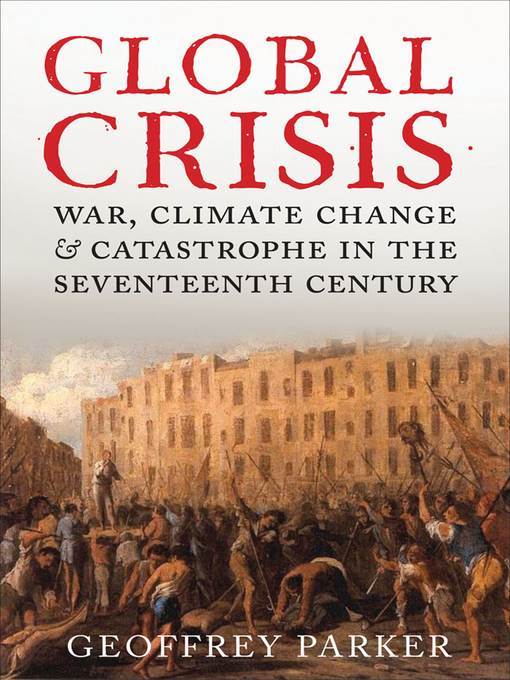
Global Crisis
War, Climate Change, & Catastrophe in the Seventeenth Century
کتاب های مرتبط
- اطلاعات
- نقد و بررسی
- دیدگاه کاربران
نقد و بررسی

April 29, 2013
Historian and professor Parker (The Cambridge Illustrated History of Warfare) presents a history of the 17th century that, given its bulk, must surely be the last word on the subject. Focusing on climate-driven unrest around the world, Parker illustrates how events such as drought can drive disease, war, and social change. He cites hundreds of sources dating from that period to the present, including letters, journals, petitions, and published books and articles, though he provides little insight into the accuracy of various sources on specifics like weather data from the 1600s. With a mere 2-degree Celsius change causing significant changes in rice harvests, it is easy to see how the lessons of the past may be relevant today, though Parker reserves commentary on the modern climate for the epilogue. He traces connections between climate and population and war, factors further influencing attitudes toward education and consumption. Few stones are left unturned, from how successful years created agricultural specialists in Germany; to how weather events impacted the Ottoman tragedy; to the roles women played during times of unrest in Europe, India, and China. Parker provides a perceptive but overwhelmingly thorough review of this historical period.

Starred review from June 15, 2013
Commonly referred to as an age of "general crisis," the 17th century, within what is known as the Little Ice Age, was a period of global food shortages, ravaging diseases, brutal wars, and popular unrest in which life could aptly be characterized by Thomas Hobbes's description of it being "nasty, brutish, and short." But for Parker (history, Ohio State Univ.; The Cambridge Illustrated History of Warfare), previous accounts of the age have too often ignored the central role played by climate change. While presenting a strong case for climatic upheaval, Parker warns against becoming "climatic determinists" and instead points out that while harsh climates alone are capable of setting the stage for crisis, it takes inept, misplaced government policy to produce catastrophe. After covering the effects of the Little Ice Age across Europe, the Ottoman Empire, Peru, China, and Japan, Parker leaves us with the warning that it is not a question of whether climate change occurs but when and that understanding and planning inside this paradigm will make all the difference. VERDICT Parker's magisterial global history is bold in scope and superb in execution, and while the size is daunting, the book is a pleasure throughout. Highly recommended for readers of Brian Fagan's The Little Ice Age as well as for scholars of the era.--Brian Odom, Birmingham, AL
Copyright 2013 Library Journal, LLC Used with permission.

























دیدگاه کاربران